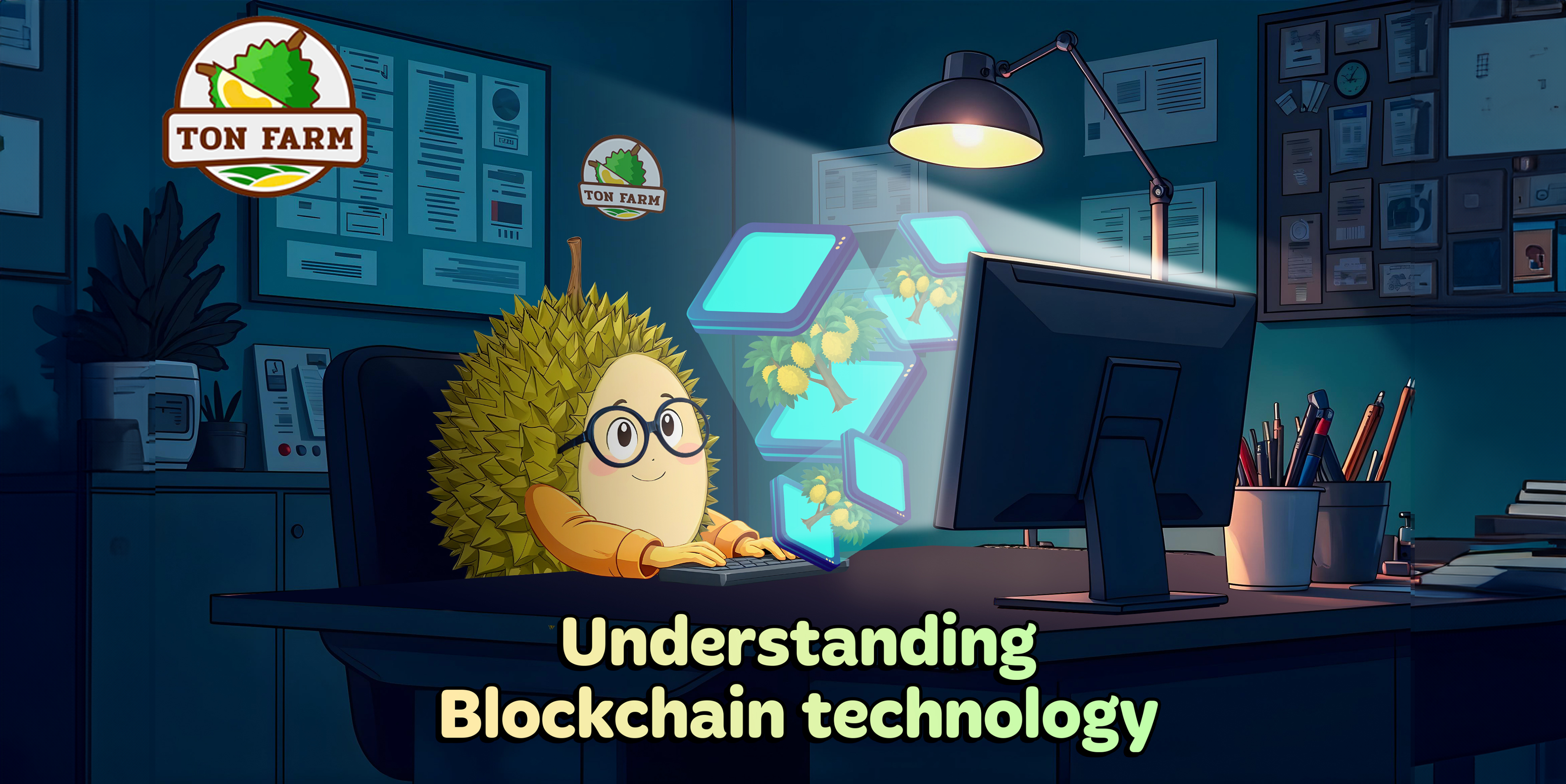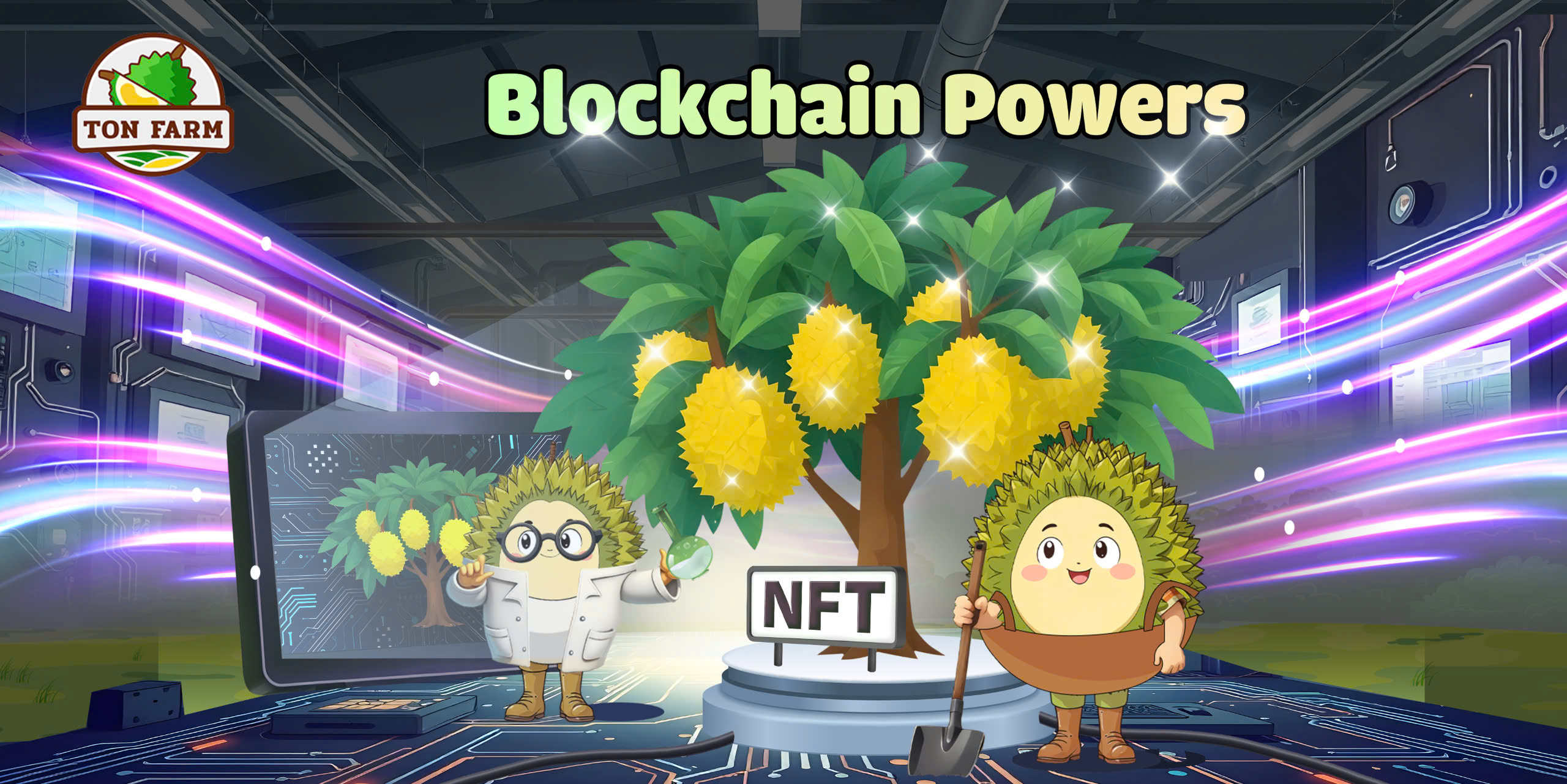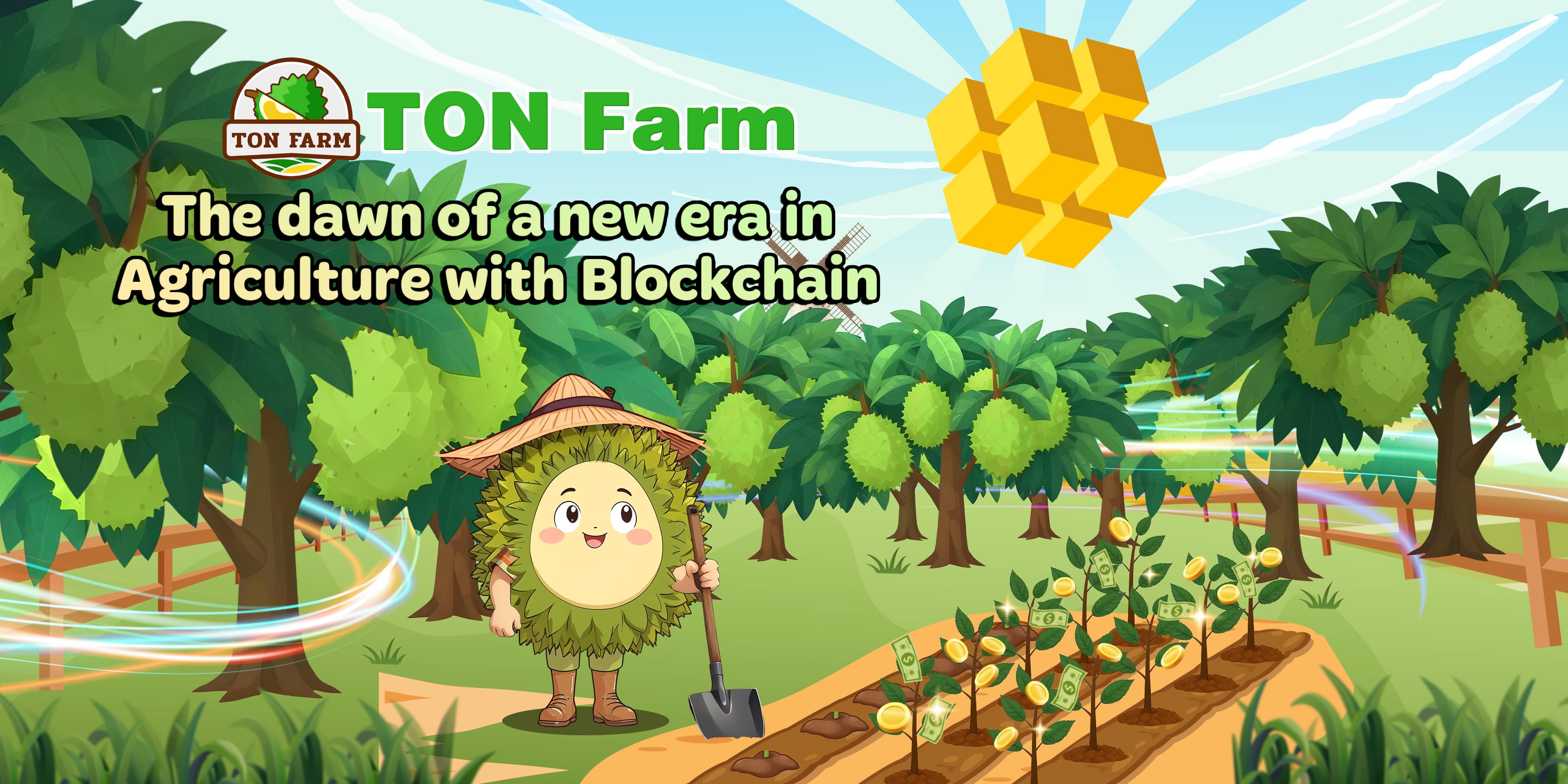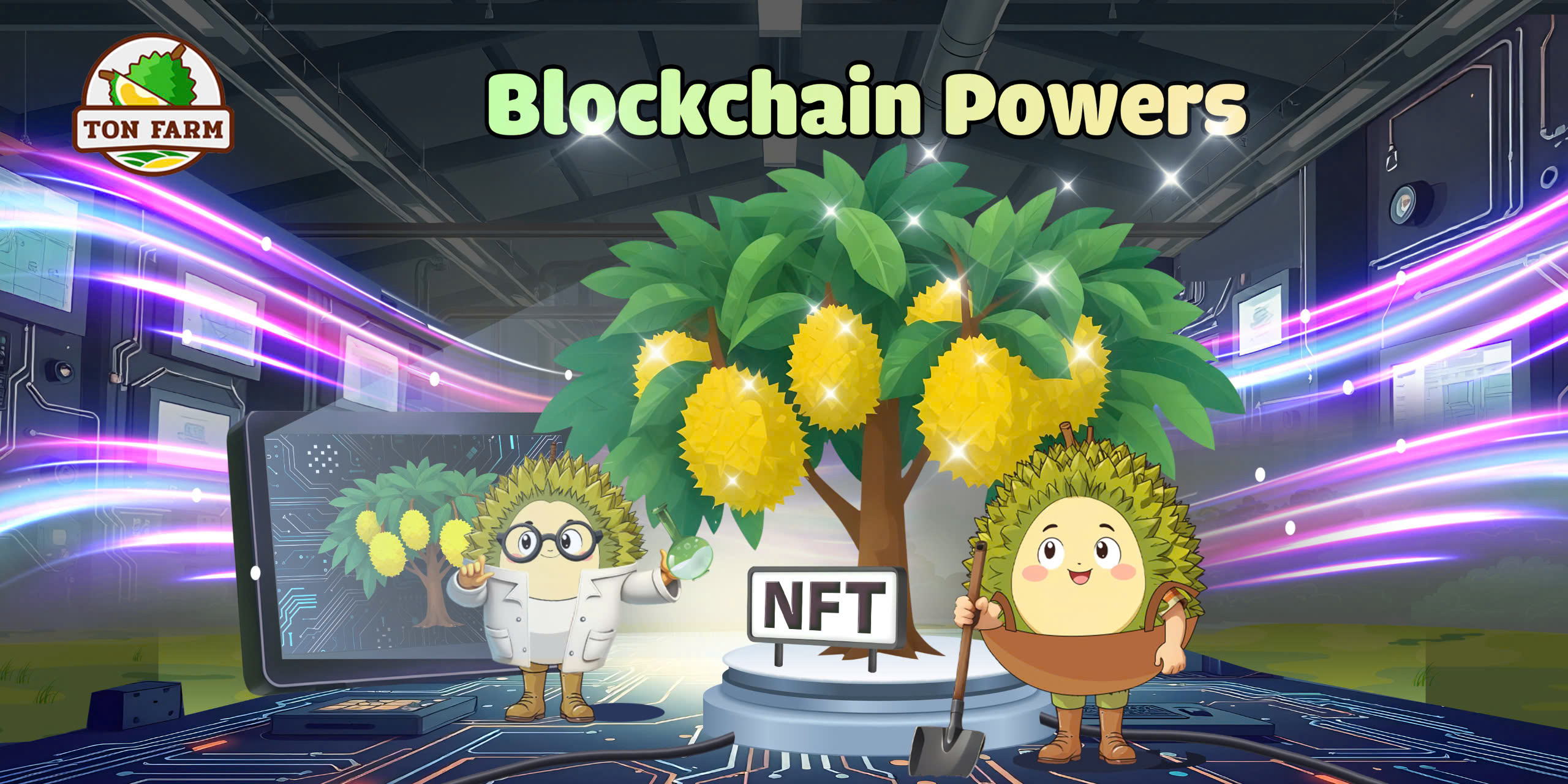To the Point:
-
Blockchain’s Transformative Potential: With its decentralized structure and enhanced security features, blockchain is reshaping industries like finance, healthcare, and supply chain management by providing transparency, improving efficiency, and reducing costs.
-
Real-World Applications Across Sectors: Blockchain is already making a significant impact in various industries, such as cross-border payments, secure data sharing in healthcare, and transparent supply chain management, leading to faster, more efficient operations.
-
Sustainable Development and Blockchain: Beyond business, blockchain is advancing sustainability by optimizing supply chains, tracking carbon emissions, and ensuring transparency in charitable giving, supporting global goals for a more sustainable future.
As we progress through the Fourth Industrial Revolution, the world is witnessing profound changes in how we live, work, and engage with one another. Among the transformative technologies of the 21st century, blockchain stands out not merely as a trending concept but as a groundbreaking innovation reshaping industries, enhancing transparency, and fostering new levels of security and efficiency. With projections suggesting the global blockchain market will grow from USD 3 trillion in 2021 to USD 163 trillion by 2029, blockchain is no longer a speculative idea but a powerful force actively shaping our present and future.
To fully grasp the profound impact blockchain will have on our world, it is essential to understand its underlying technology, its real-world applications, and the vast potential it holds for industries across the globe.
What is Blockchain? Understanding the Revolutionary Technology

At its core, blockchain is a decentralized digital ledger system that stores data across a distributed network of computers, rather than relying on a central server. This structure inherently enhances transparency and security, making blockchain an ideal solution for industries that require high levels of trust, immutability, and accuracy. However, blockchain’s transformative potential goes beyond data storage; it represents a new paradigm in how we conduct transactions, share information, and interact with digital systems.
Key Features of Blockchain Technology
-
Decentralization: By eliminating the need for a central authority, blockchain minimizes the risks of fraud, corruption, and cyberattacks, ensuring greater system integrity. Each participant in the network holds a copy of the data, ensuring transparency and security.
-
High Security: Blockchain employs advanced cryptographic techniques to safeguard data. Any attempt to alter data requires unanimous consent from the entire network, making fraudulent modifications nearly impossible.
-
Transparency and Immutability: Every transaction recorded on the blockchain is publicly verifiable and cannot be altered or erased. This feature ensures the highest level of trust and accountability in all transactions.
-
Smart Contracts: Blockchain enables the creation of self-executing contracts, known as smart contracts, that automatically enforce terms and conditions when predefined criteria are met. This reduces the need for intermediaries and increases operational efficiency.
These features are not just theoretical; they are already being utilized across a wide range of industries to solve persistent challenges and unlock new opportunities.
How Blockchain Is Revolutionizing Key Industries

1. Financial Services: Enhancing Speed, Reducing Costs, and Ensuring Transparency
Blockchain is transforming the financial industry by improving transaction speeds, lowering costs, and ensuring transparency.
-
Cross-Border Payments: Traditional international transactions typically take 2-5 days and incur high fees due to multiple intermediaries. Blockchain dramatically reduces transaction time to just a few minutes while saving billions in transaction fees annually.
-
Decentralized Finance (DeFi): Blockchain-powered DeFi platforms, with a total value locked (TVL) of ~ USD 140 billion in 2024, are democratizing access to financial services, particularly in underserved regions without access to traditional banking systems.
-
Fraud Prevention: Blockchain guarantees that all transactions are transparent, immutable, and verifiable, reducing the risk of fraud and financial manipulation.
Example: Ripple’s blockchain-based solutions have enabled banks and financial institutions to reduce transaction costs by up to 60% compared to traditional systems like SWIFT.
2. Healthcare: Securing Data and Facilitating Seamless Information Sharing
Blockchain is revolutionizing the healthcare industry by securing sensitive patient data and improving information exchange across organizations.
-
Patient Data Security: Blockchain encrypts and distributes medical records, ensuring that only authorized individuals can access the data, thus reducing the risk of data breaches.
-
Efficient Data Sharing: Blockchain allows healthcare providers, insurance companies, and patients to securely share medical information, enhancing collaboration and improving patient outcomes.
Example: MediBloc, a blockchain-based healthcare platform, gives patients full control over their medical records and allows secure, real-time sharing with healthcare providers.
3. Supply Chain: Boosting Transparency and Efficiency
Blockchain is transforming supply chain management by providing unprecedented levels of transparency, traceability, and efficiency.
-
Product Traceability: With blockchain, consumers and producers can track the journey of a product from raw materials to the final product, ensuring authenticity and quality at every step.
-
Quality Assurance: Blockchain ensures products meet regulatory standards and identifies potential issues early in the supply chain, reducing the risk of defects or non-compliance.
Example: IBM Food Trust, in collaboration with companies like Walmart and Nestlé, has reduced the time required to trace food products from seven days to just 2.2 seconds.

TON Farm Project: The TON Farm initiative, a blockchain-powered Agricultural platform backed by Real World Assets (RWA), is revolutionizing the agricultural sector. By utilizing blockchain technology, TON Farm ensures transparent and efficient value chains, empowering consumers to trace the origins of their food and how it is produced. Furthermore, the platform integrates tokenized crops and Tokenomics to enhance the economic value of agricultural products, driving sustainable investments and elevating agricultural sustainability.
4. Education: Combating Fraud and Streamlining Verification Processes
Blockchain is tackling the issue of counterfeit academic credentials while improving transparency and trust in educational systems.
-
Digital Diplomas: Prestigious institutions such as MIT are issuing blockchain-based degrees, allowing employers to verify qualifications instantly without intermediaries.
-
Cost-Efficient Verification: Blockchain eliminates the need for expensive and time-consuming credential verification processes, making it easier to confirm the authenticity of academic qualifications.
Blockchain’s Role in Advancing Sustainable Development
Blockchain is not just transforming business operations but also playing a pivotal role in achieving sustainable development goals (SDGs):
-
Supply Chain Optimization: Blockchain helps reduce waste and optimize resource utilization in manufacturing and logistics.
-
Carbon Emissions Tracking: Blockchain allows companies to track and report carbon emissions, enabling more effective environmental management and compliance with sustainability goals.
-
Transparent Charitable Giving: Blockchain ensures that charitable donations are utilized for their intended purposes, providing donors with full transparency regarding how their contributions are being used.
The United Nations has recognized blockchain as a key enabler in achieving SDGs, from poverty alleviation to environmental conservation.
Conclusion: Blockchain Is the Future of Industry and Society
Blockchain is no longer just an emerging technology; it is a cornerstone of the digital transformation shaping a more transparent, efficient, and sustainable future. As industries, governments, and organizations around the world continue to explore blockchain’s vast potential, its impact will only deepen, fundamentally altering how we operate across multiple sectors for decades to come.
This evolution presents an extraordinary opportunity for all of us, not just technology professionals but for individuals and organizations across industries. The future of blockchain is the future of a more transparent, equitable, and sustainable society. Embrace this transformative technology today and become part of the global change shaping tomorrow’s world.
References:
-
https://unctad.org/news/how-blockchain-can-power-sustainable-development?utm_source=chatgpt.com
-
https://www.uninnovation.network/un-group-pages/blockchain?utm_source=chatgpt.com
-
https://www.un.org/en/un-chronicle/blockchain-and-sustainable-growth?utm_source=chatgpt.com
-
https://tapchibitcoin.io/ripple-va-swift-chien-tranh-giua-cac-vi-sao.html?utm_source=chatgpt.com
-
https://www.lfdecentralizedtrust.org/case-studies/walmart-case-study?utm_source=chatgpt.com
About TON Farm:
TON Farm is the first Blockchain-powered Agriculture platform backed by Real-world Assets (RWA). Built on the Telegram (TON) network, we seamlessly integrate trending Blockchain technology with the durability of Agriculture, bringing RWA into the digital landscape.
Whether you're an investor, an agriculture enthusiast, or someone looking to be part of something impactful, TON Farm offers you an innovative opportunity to engage with a transparent, eco-friendly, and rewarding ecosystem.
Real Assets, Real Returns, Real Impact! Welcome aboard – let’s plant your future and grow your treasure!
TON Farm's Official Channels:
🌐Website: https://tonfarm.co
🌐Telegram Channel: https://t.me/tonfarm_ann
🌐Telegram Group: https://t.me/tonfarm_group
🌐Twitter: https://x.com/tonfarm_rwa
🌐Facebook: https://www.facebook.com/tonfarmco/
